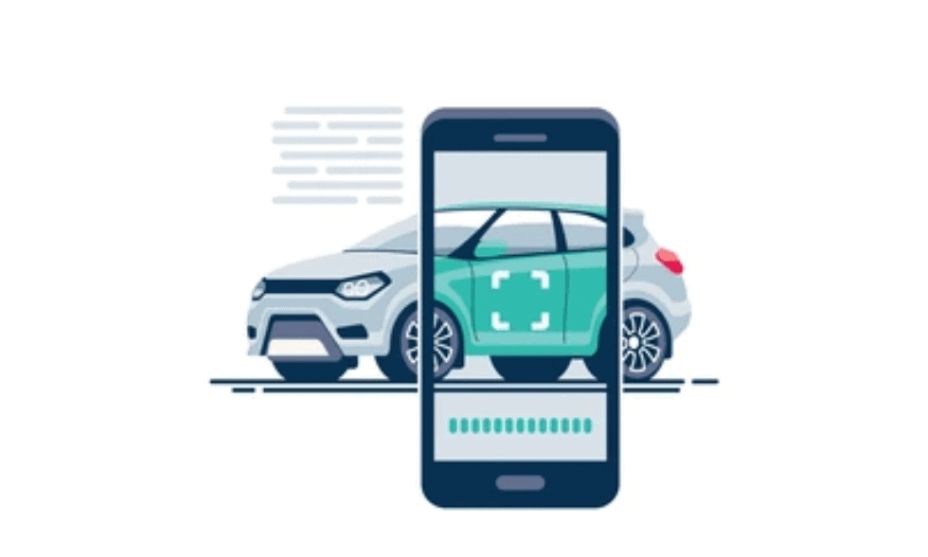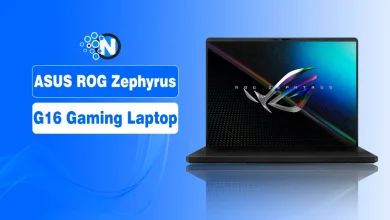The Importance of VIN Check History Reports in Cybersecurity

Today’s technologically connected globe has some serious cyber threats, so saving your automobiles for more than just taking preventative measures. The vehicle identification number (VIN) and the valuable data offered through VIN test history reports are essential, however regularly overlooked, issues. These reviews provide a thorough image of the past, present, and future threats related to your car, making them an important tool for improving cybersecurity safeguards.
Understanding the Function of Reports on VIN Check History
In the automobile global, a vehicle’s specific identification number, or VIN, is like the fingerprint or ID card of each car. VIN check records report significantly uses this alphanumeric number to get entry to a multitude of data, which includes maintenance of data, accident history, identifying reputation, recalls, and more. Vehicle owners can better understand their vehicle’s path, make better decisions, and effectively reduce hazards by having access to such extensive data.
Exposing the Consequences of Cybersecurity
Cars have become a popular target for hackers seeking unauthorized access or control when cyber attacks are on the rise. In addition to endangering the driver and passengers, a compromised vehicle can result in financial loss and possible data breaches. This is where reports on VIN check histories come into play. Through a thorough examination of the vehicle’s history, these reports highlight any questionable behaviors, attempted tampering, or security flaws, allowing for preemptive steps to strengthen cybersecurity defenses.
Advantages of Reports on VIN Check History
VIN check history records have many advantages that go well beyond cybersecurity issues. There are many benefits to these reports, such as:
- Transparency: By offering transparent information about a car’s history, a free VIN check history report helps consumers make educated choices.
- Fraud Prevention: VIN check history reports assist in preventing fraudulent transactions and identity theft by identifying disparities in titles, mileage, or ownership.
- Resale Value: A clean VIN history report raises a vehicle’s resale value and increases buyer confidence, which facilitates smoother transactions.
- Safety Assurance: Thorough accident records and recall data prioritize the protection of car occupants while driving, ensuring their safety and well-being.
- Legal Compliance: VIN check history reports help to ensure that regulations are followed, that laws are followed, and that penalties are avoided.

Using Reports on VIN Check History to Strengthen Cybersecurity
Cybersecurity policies must include VIN check history information to protect automobiles from online attacks. Through consistent observation and examination of these reports, car owners and cybersecurity experts can:
Find Anomalies: Sudden alterations or disparities in a car’s past can indicate possible hacking or cybersecurity breaches.
Apply Security Updates: To strengthen defenses against evolving cyber threats, stay informed about software patches, manufacturer recalls, and security upgrades.
Users should be made aware of cybersecurity best practices, which include avoiding the installation of unwanted software and adopting secure browsing techniques.
Collaborate with industry experts: To keep up with new developments and market trends, form alliances with automakers, cybersecurity companies, and law enforcement organizations.
Improve Incident Response: Create comprehensive protocols for responding quickly to cybersecurity incidents to limit damage and return vehicle operation.
How to Protect Your Vehicles From Cyber Attacks
How to protect vehicles from cyber attacks is not a daunting task, but it needs careful decisions to be safe from cybercriminals. You must take some proactive steps to prevent the stress of cyber attacks. Here are some steps to protect your vehicle from cyber attacks:
Use a Vehicle-Specific Security Solution
As a vehicle owner, you must be active and updated with the latest security features. Vehicle specific security solution is the best way to protect your vehicle from cyber attacks. You can find various solutions regarding this, such as firewalls, antivirus software or instruction detection systems to be safe from cybercriminals. Opt for the solution that fits to your vehicle’s security-specific security.
Use updated software
It is one of the most important steps for preventing cyber security. Manufacturers regularly update the software to be safe from cyber-attacks and address security vulnerabilities. So be sure to use updated software in your car.
Use Strong Passwords
If you are using an infotainment system in your car, then you must have a strong and unique character password. If you have a simple password it will provide an easy way to cyber criminals to access sensitive information easily. So, it is important to add symbols, characters, and numbers to mix and make strong passwords. It will help you remain safe and secure.
Avoid Public Wifi
Public wifi is often scam or insecure which can cause serious consequences regarding sensitive vehicle data. If your vehicle has the wifi capabilities, then you try not to use any public wifi. Using a VPN is another best way to protect your sensitive data from fraud detection or cybercriminals.
Conclusion
VIN check history reports are useful resources for cybersecurity enthusiasts. They provide detailed information about a car’s past and present, enabling owners to strengthen their defences against online attacks. Vehicle owners may confidently navigate the digital landscape while guaranteeing the safety, security, and integrity of their vehicles and personal data by integrating these reports into cybersecurity protocols.
To protect your vehicle from cyber-attacks, make smart decisions and some security steps. It is important to use vehicle-specific security solutions. Furthermore, use updated software to prevent from cyber attacks and use a strong password in your vehicle. Try not to use any public wifi if your vehicle has wifi capabilities.




